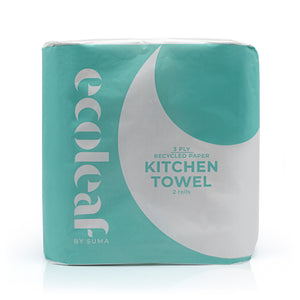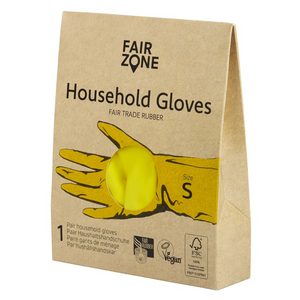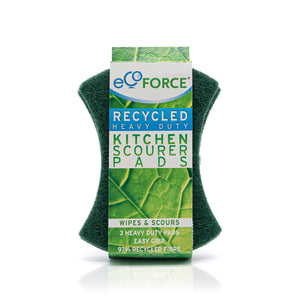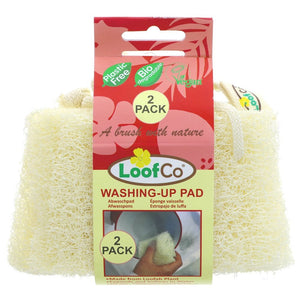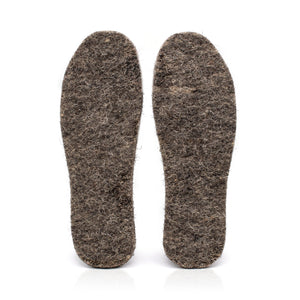What are these compostable sponge cloths made of?
These compostable sponge cloths are made of 100% natural materials. The cloths are made using a patented process of cellulose, non-GMO unbleached cotton and mirabilite – a natural mineral salt. During the production process, the mirabilite is washed out, leaving the remaining blend (70% cellulose & 30% cotton) extremely porous, which makes the sponge cloth extraordinarily absorbent. It can absorb up to 20 times its own weight in water which is what makes them so fantastic for use in the home.
What can these cloths be used for?
We’ve tried and tested these compostable cleaning cloths in our own homes and have used them in our kitchens, countertops, bathrooms and general household cleaning. Their high absorbency makes them perfect for wiping up spills or excess water. You can then wring them out and wipe them over the surface again to ensure it is shiny and streak-free. They can be used on their own with warm water or with your favourite household cleaner. Once you’ve used them, make sure you wring them out with water and leave them flat to dry. We did try to use them when washing up but we prefer our scourer pads or multipurpose cloths.
The great thing about these cloths is that they can be reused over and over. To ensure they stay clean and hygienic, you can wash these cloths in the dishwasher or washing machine. Just make sure the temperature of the appliance is above 88 degrees centigrade and don’t use any chlorine bleach or chlorine products (our Bio-D washing powder would be perfect to wash them with) to ensure the quality of the product remains high.
Why are these cleaning cloths good for the environment?
Well, for a start, they are compostable! The cloths and their packaging are made from 100% natural and renewable resources and contain no petroleum or other fossil fuel products. This means that once they are ready to be disposed of, they can go straight in your compost bin (yes, really!).
By being compostable these cloths help to reduce landfill. Due to their reusable nature, they reduce the release of greenhouse gases attributed to the manufacturing and transportation of other non-reusable alternatives. So all round, pretty eco-friendly!






